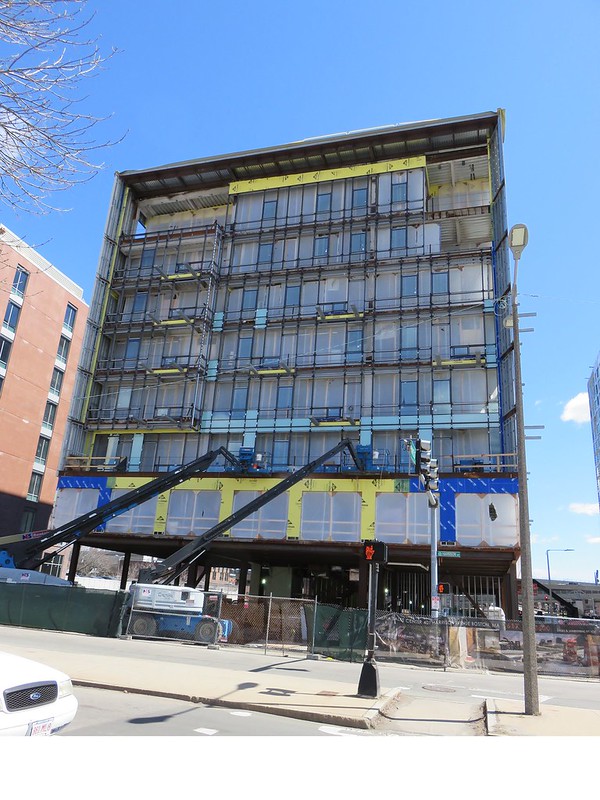JohnAKeith
Senior Member
- Joined
- Dec 24, 2008
- Messages
- 4,337
- Reaction score
- 82
I have to admit, after a decade as a real estate agent and 15-years of home ownership, I'm somewhat mystified by the whole process of how the Boston assessor's department comes up with assessed values. My interpretation is that the law is just as dirtywater says, it's just that when you come to specific cases, the math doesn't always work.
The question that was asked was basically, does a sales price become the new assessed value and the answer given was correct that it does not. That's because of the vagaries of the market plus, again as dirtywater says, the current assessment period may begin months after the sale.
In my experience, assessed values go up after a sale, but then again, so do assessed values when there are no sales. Assessed values always go up in Boston! (LOL) I would estimate that residential properties in Boston are around 80% of their market value, meaning most buyers don't see a giant increase in their property taxes once they buy.
I guess that means (again, as dirtywater says) that the assessors are doing their jobs.
I created a spreadsheet of 100 sales taking place in 2012 to get an idea of how property taxes went up in the 2.5 years since then to see if their current property tax bills are close to what they would be if you simply took the 2012 sales prices and applied last fiscal year's (2014) Boston property tax rate ($12.58).
Basically, the results are inconclusive. You'd have to do a lot more analysis and include a lot more data (say, compare the #s with 100 properties that weren't sold to see if property taxes rose less/more than the others). Plus, some of the 2012 sales were in buildings that existed for a year or two, and in situations like that, assessed values can vary a lot since the city doesn't have much data to examine.
https://docs.google.com/spreadsheets/d/1RA4vuEU6uv__tadKQgVvwoO0M3qMo3hZ7lGGtWQWYpY/edit?usp=sharing
The question that was asked was basically, does a sales price become the new assessed value and the answer given was correct that it does not. That's because of the vagaries of the market plus, again as dirtywater says, the current assessment period may begin months after the sale.
In my experience, assessed values go up after a sale, but then again, so do assessed values when there are no sales. Assessed values always go up in Boston! (LOL) I would estimate that residential properties in Boston are around 80% of their market value, meaning most buyers don't see a giant increase in their property taxes once they buy.
I guess that means (again, as dirtywater says) that the assessors are doing their jobs.
I created a spreadsheet of 100 sales taking place in 2012 to get an idea of how property taxes went up in the 2.5 years since then to see if their current property tax bills are close to what they would be if you simply took the 2012 sales prices and applied last fiscal year's (2014) Boston property tax rate ($12.58).
Basically, the results are inconclusive. You'd have to do a lot more analysis and include a lot more data (say, compare the #s with 100 properties that weren't sold to see if property taxes rose less/more than the others). Plus, some of the 2012 sales were in buildings that existed for a year or two, and in situations like that, assessed values can vary a lot since the city doesn't have much data to examine.
https://docs.google.com/spreadsheets/d/1RA4vuEU6uv__tadKQgVvwoO0M3qMo3hZ7lGGtWQWYpY/edit?usp=sharing







